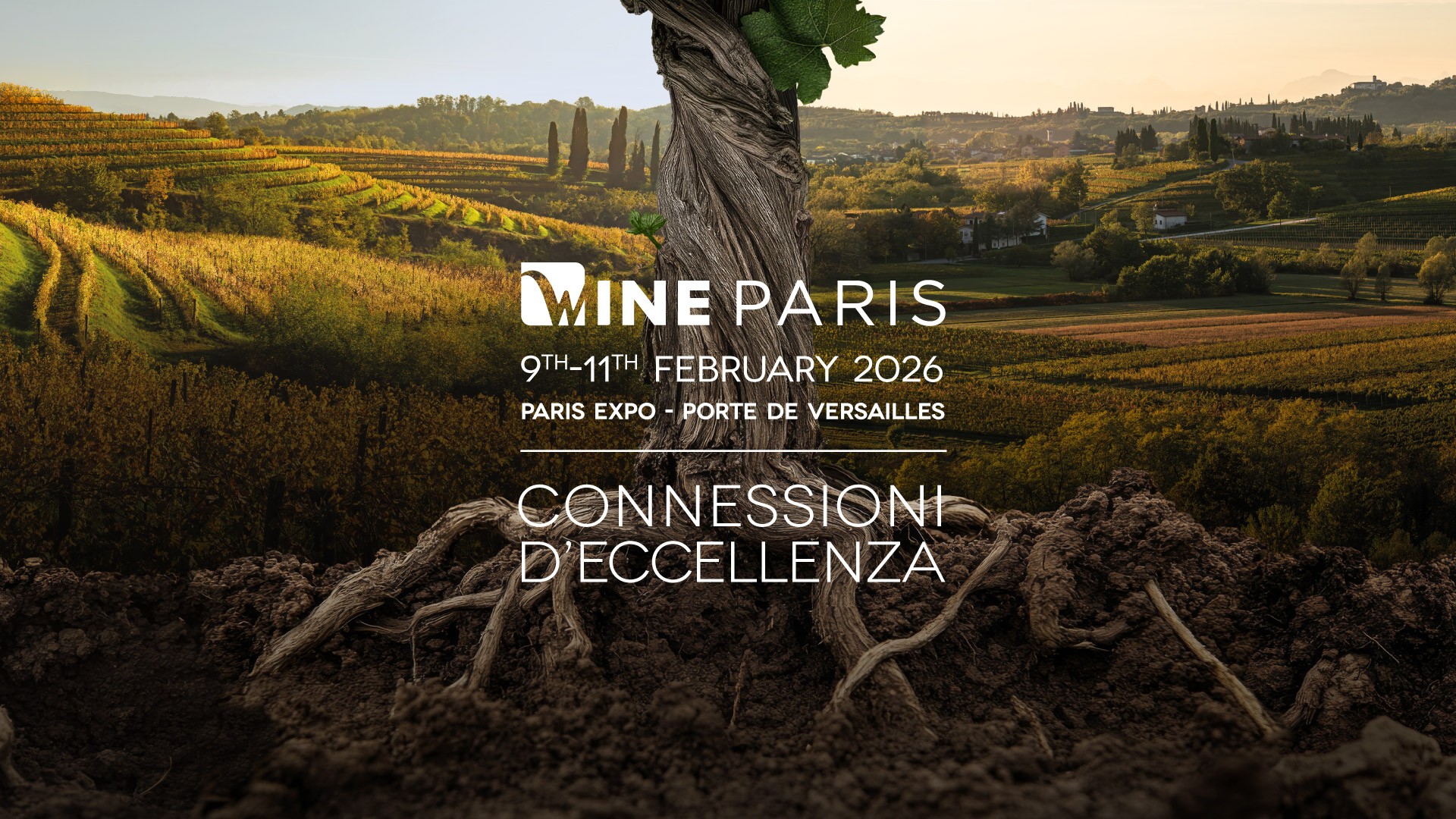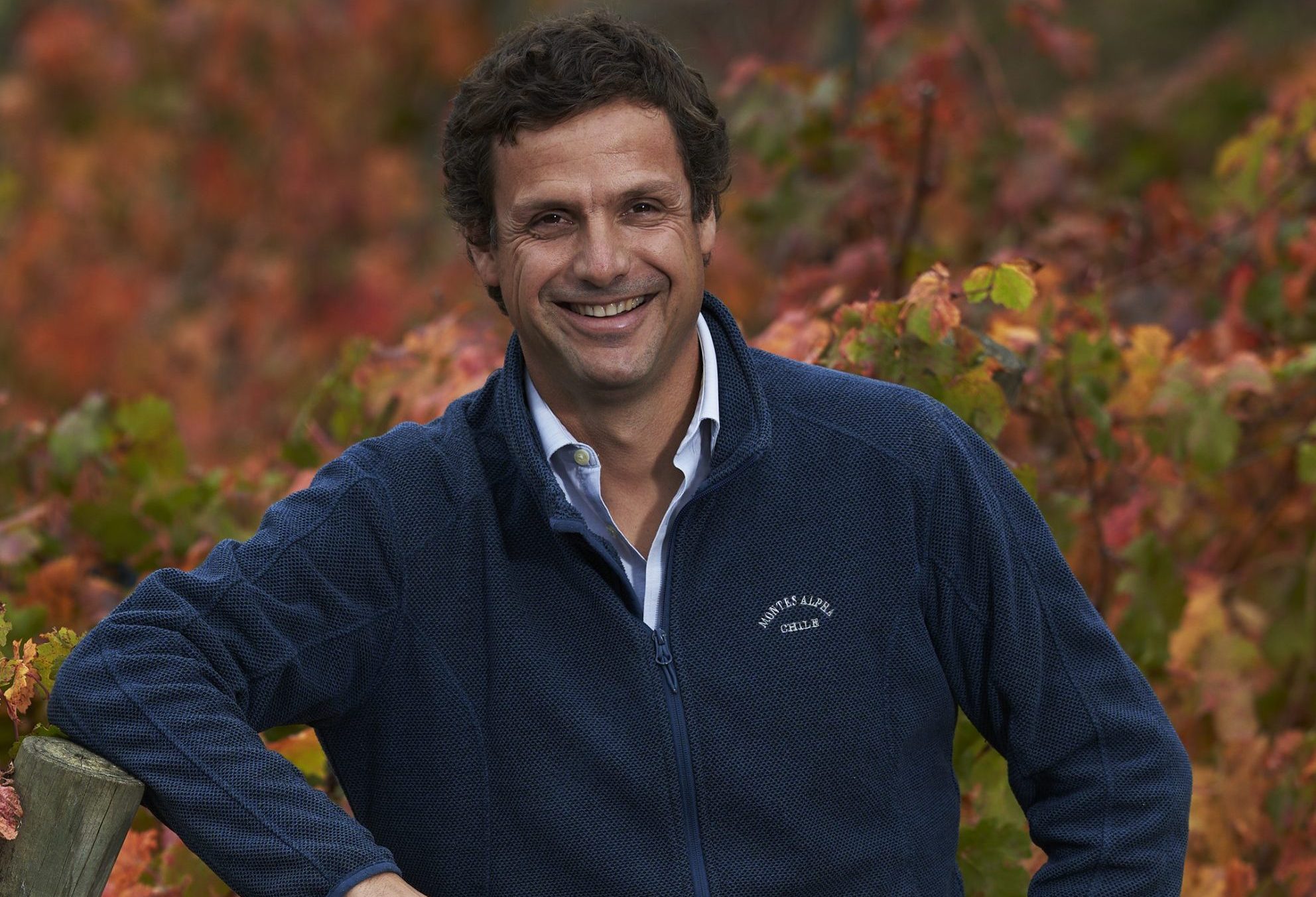Wine is tasted in the brain not mouth
The flavour of a wine is created by the brain of the taster rather than the wine itself according to Gordon Shepherd, a professor of neuroscience at Yale.
As reported by The Times, Shepherd is advocating a new approach to tasting that focuses on the fact that flavour perception is created in the brain.
In his new book, Neuroenology: How The Brain Creates The Taste of Wine, Shepherd claims that our sensory response to food and wine combine to create what we think of as flavour in things that don’t inherently possess it.
“The molecules in wine don’t have taste or flavour, but when they stimulate our brains, the brain creates flavour the same way it creates colour”, Shepherd told National Public Radio in the US.
The brain creates colour by responding to the effects produced when light hits the objects we see, which are inherently colourless.
Two movements activate the brain to create the flavour perception of a wine: the movement of wine through the mouth and the movement of air through the nose and throat.
The most important contribution from our sense of smell comes not from sniffing the wine, but from the molecules released in our mouth when we breathe out.
Partner Content
Nosing a wine requires “exquisite control of one of the biggest muscles in the body,” while swirling it in your mouth engages the intricate muscles that control the tongue as well as stimulating thousands of taste and smell receptors.
This explosion of information is processed through a frame of reference that is “heavily dependent on our own memories and emotions and also those of our companions”, as well as additional factors like the composition of our saliva, our age and gender.
Shepherd told The Times that swallowing a wine is vital for “obtaining the most information possible about the quality of a wine.” However, his research found that after just a few sips the brain gets saturated with information, making it hard to process the flavour of the wine you’re drinking.
“After a few sips people are just downing the stuff. If you take too large a sip, you’ve saturated your system,” he told The Times.
Shepherd also found that drinking wine “engages more of our brain than any other human behaviour”, including listening to music and solving mathematical equations.
He has pioneered a new branch of science known as “neurogastronomy”, a term he coined in 2006. Forward thinking chefs like Heston Blumenthal and Ferran Adrià have helped Shepherd develop his research through practical experiments at their restaurants.





wow; shades of Bishop Berkeley. The mind creates the world. Colors don’t really exist, flavors don’t either. and someone is doing ‘research’ – to determine; what? all chefs change recipes and this probably changes our perceptions. what would any ‘practical experiment’ do except the same thing. this is all pseudo science. what kind of experiment could ‘prove’ or even support it? can you measure the actual flavor of the wine and compare it to someones perception? no, it has no actual flavor according to the theory. never mind that we find amazing similarities to the way we describe flavors – not surprising since we share so much genetics. never mind that the practical difference between our saying that the wine tastes a certain way and that the wine is a certain way is – nothing! no actual experiment could ever show otherwise. this is NOT science – it is philosophy and bad philosophy at that.
Creighton is so right. The brain as all determining simply allows complete bias willy-nilly without regard to any standards of reality or common perception. This bad science would obscure any measures of quality if the perceptions of quality were solely that of a sole individual’s perceptions whether a schizophrenic , a mad man, or a Picasso artist, or a judge of quality medical/surgical care. Bad philosophy and just plain “lousy-goosy” usefulness for setting any common denominator standards of evaluation to use for judging, buying, simply communicating description.
Let me add that the illustration “it’s all in your head” reminds me of the proven validity of /about the validity of phrenology.
Except… that people experience flavours differently depending on the colour of the booth in which they are sitting, or the background sounds. And, of course, their reactions will change depending on the information they are given about the price and prestige of the wine.
All of these reactions have nothing to do with the intrinsic ‘qualities’ of the liquid in the glass.
That’s true, but the fact that perceptions can be modulated or distorted does not entail that sensory properties cannot inhere in objects. That complex and possibly inter-sensory processing of flavour should occur in the brain is no surprise, although the mechanisms are well worth researching. That is a valid project in neuroscience. But as the comments above point out, discussing the metaphysics of flavour and other sensory qualities is philosophy, not neuroscience. When the neuroscientists wade in, welcome to amateur hour.
Well, no surprise that without the brain, one would not smell or see anything. Saying that the smells “do not exist” is actually somewhat stupid, or very philosophical. The fact is that all substances that we “smell” and recognise as a specific aroma are composed of chemical formulas. Interestingly, these substances with the same chemical formulas will be perceived almost the same way by all people. Our brain creates a “memory” for each of these chemical substances, and we describe them by reference to the flower, fruit or other substance that we have once smelled and defined as “banana”, “apple” or something else. As this varies from person to person, and as your personal experience comes from the area where you lived, you may associate certain smells to a different fruit, plant, flower, or other substance than other people. Where I smell gooseberry, Brazilians have the perception of something else, since gooseberries do not exist there. Clearly, the wine has sensory properties, there are flavours that can be perceived by any being that has a nose, including dogs or cats or other animals.